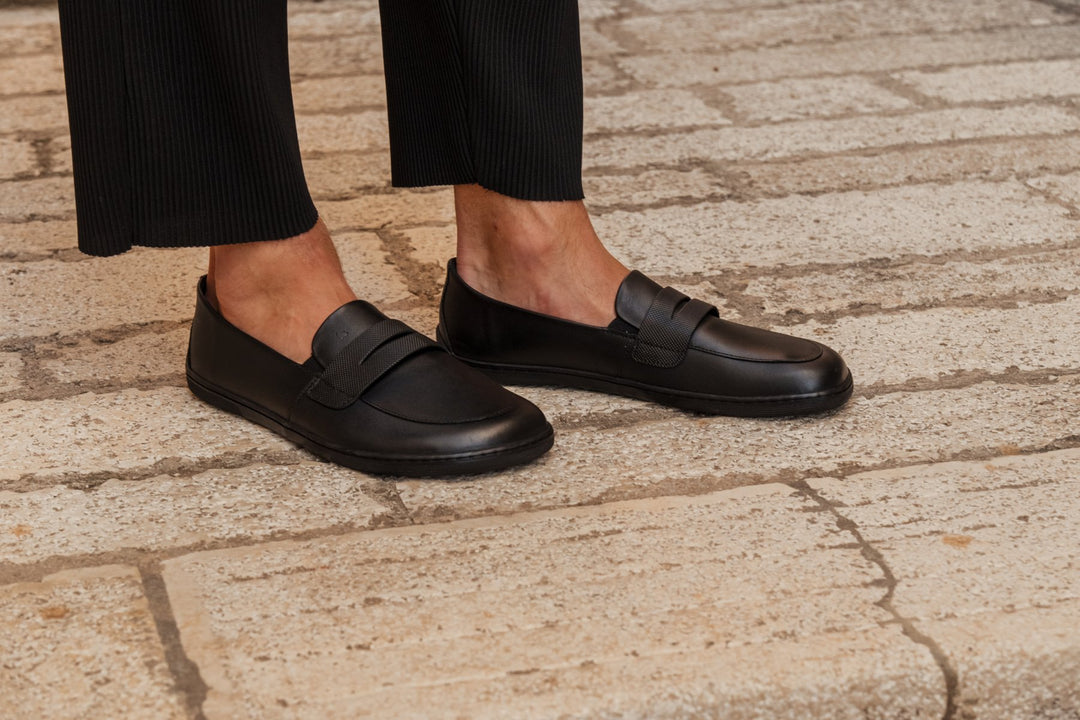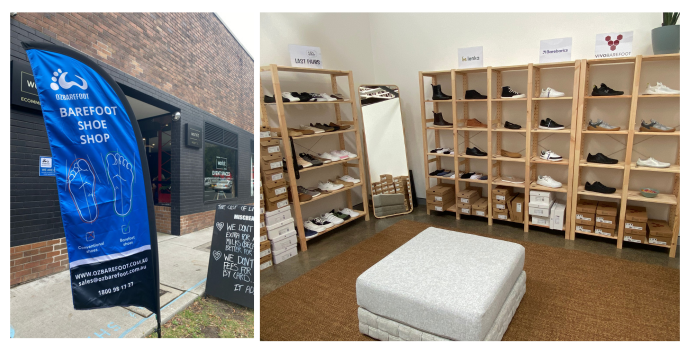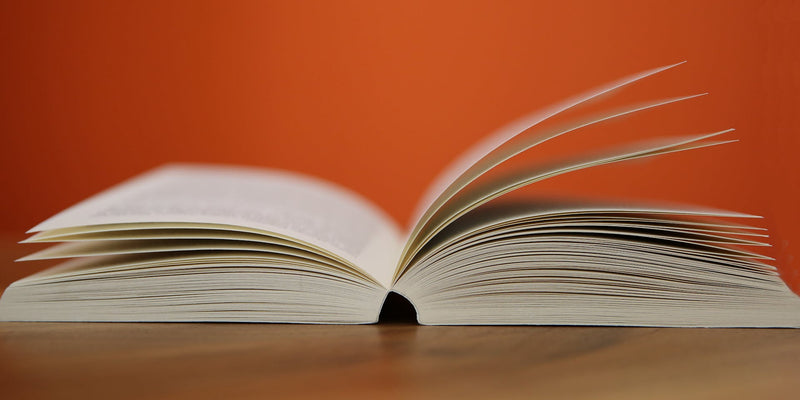So you've heard that barefoot shoes are incredible for your foot health, but perhaps you still have a few questions before you're ready to give them a shot.
Athletes who have peak performance and physical health top of mind are often associated with this relatively new-to-market type of footwear, and sometimes this can leave people unsure of whether barefoot shoe benefits apply to them as well.
What most people truly want to understand is: are barefoot shoes good for everyday use?
The quick answer is yes, but with a few caveats.
Whether you're an athlete, someone who walks a lot, or even someone who's seated at a desk for most of the day, barefoot shoes can be a great way to protect your feet for long-term health and mobility. Barefoot shoes are overall less constrictive than regular shoes and this leads to stronger feet with fewer chronic issues.
You can find more about differences between barefoot and regular shoes in our articles:
That being said, here are a few circumstances where barefoot shoes may not be an ideal choice.
Scenarios Where Barefoot Shoes Don't Cut It
Rough and Dangerous Terrain
We can't deny the fact that certain scenarios require specialized equipment for safety purposes, and footwear is no exception. Anyone working in dangerous worksites knows just how important a reliable pair of steel toe boots are, and barefoot shoes simply can't function in the same way.
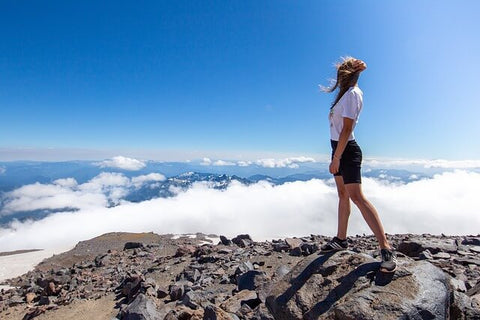
Broadly speaking, any terrain where you could encounter sharp objects is best avoided with barefoot shoes since they have thin soles. This makes rough terrain uncomfortable to walk on and it could even be dangerous if they become punctured. Regular pebbles and sticks shouldn't be an issue, but barefoots shoes are best left at home in environments where you'll be treading on broken glass or other sharp hazards.
Select Sports and Activities
While there are a variety of types of barefoot shoes suitable for different activities, they don't cover the entirety of every sport. Many field sports for example require a pair of cleats for traction on slippery grass. Barefoot shoes simply don't have the tools for the job in this case.
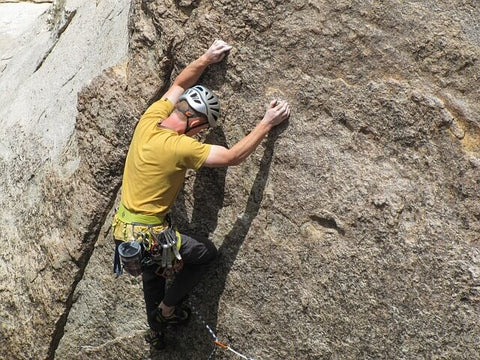
A few other notable examples are rock climbing shoes which are purposefully stiff for gripping onto cliff faces or hiking boots designed for rough terrain with ankle support and extra thick soles.
Did you know: a 2014 study from the Journal of Sports Science and Medicine showed that competitive runners were able to run more efficiently barefoot than with running shoes while on a treadmill?
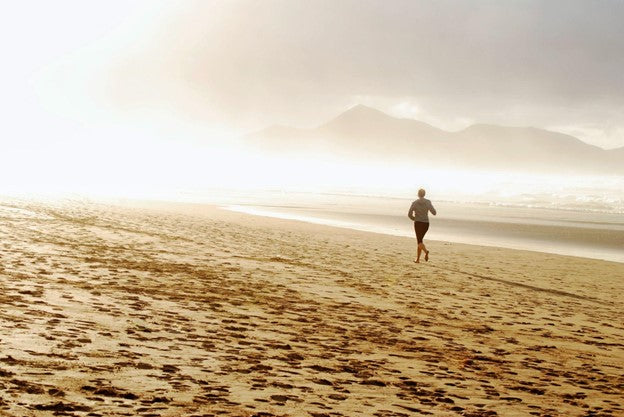
Give Your Feet Enough Time to Adapt to Barefoot Shoes
Even when barefoot shoes are being used in the right settings, it may not be possible to go all in with daily wear straight away. It's best to exercise caution with barefoot shoes at the beginning of the transition from regular shoes since it takes time for feet to build up strength and flexibility.
These gradual adaptations are necessary to find barefoot shoes comfortable, especially for extended periods of wear, and rushing into this process too quickly could even potentially result in pesky injuries.

Instead, starting out with just short periods of wear and occasional use gradually increased overtime will result in a smooth and pain-free transition.
You can even opt for a pair of "entry-level" barefoot shoes like Barebarics sneakers since they have a firmer sole. Find more about these sneakers in our article: Barebarics Sneakers, our honest review.
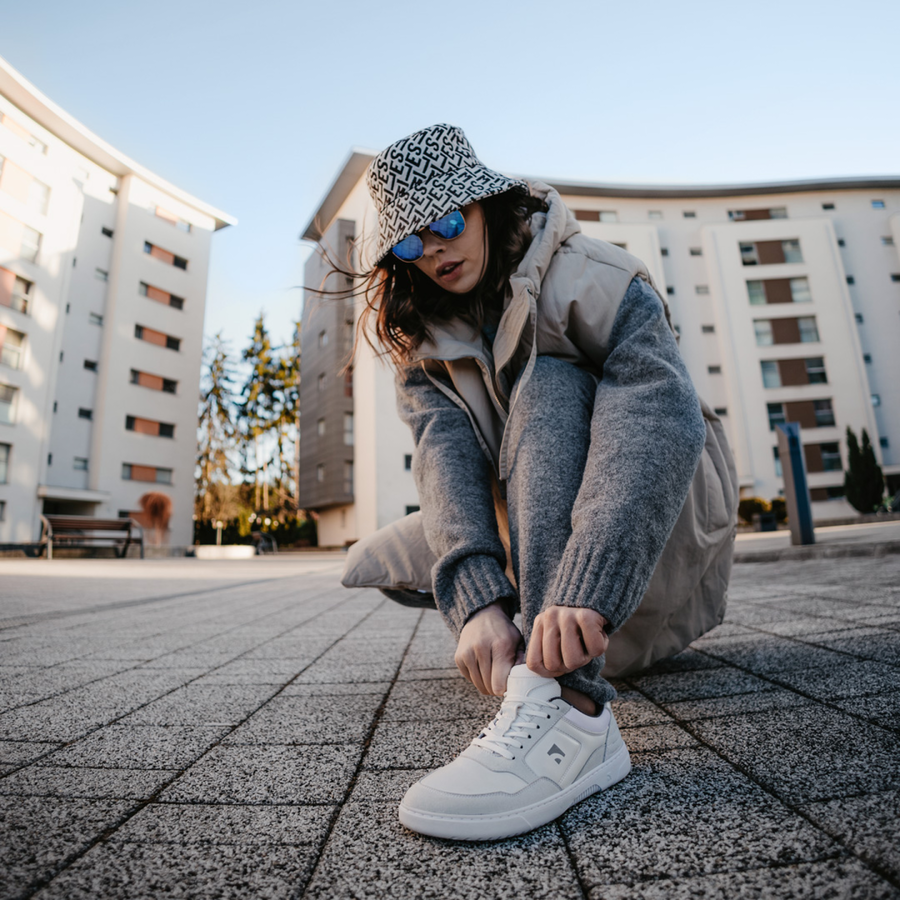
This makes them more comfortable on hard surfaces. Walking in concrete laden cities won't be a problem with these well-designed shoes.
Practical Tip: Feet contain 29 different muscles, and just as your muscles get sore from a workout, your feet muscles may get sore from working harder in barefoot shoes. Epsom salt foot soaks are a great way to ease aching feet and speed up recovery!
The Best Barefoot Shoes For Everyday Use
Once your feet have become accustomed to barefoot shoes, you'll have plenty of stylish options at your disposal to suit almost any daily environment.
There are barefoot sneakers, slip-ons and sandals for casual wear, barefoot outdoor trainers specifically designed for sports, and ballet flats and office shoes suitable for more dressy settings like the office.
You'll find all this and more at OzBarefoot.
A final word of advice is simply to stay turned into your body and your experience. If the muscles in your feet feel mildly sore from barefoot shoe use, they're probably getting stronger!
Just remember not to overdo it and to avoid anything that feels painful. With these tips in mind, you'll be well on your way to stronger, healthier feet in no time!
FAQs
Should I Wear Barefoot Shoes All Day?
This isn't recommended when just starting out with barefoot shoes but if you're a seasoned barefoot shoes enthusiast, go right ahead!
Can I Wear Barefoot Shoes and Normal Shoes?
Absolutely. This is encouraged while your feet are adapting to barefoot shoes. There may also be times where there are no barefoot shoes options for your particular setting or activity. It's perfectly fine to switch back and forth from normal shoes.
How Often Should I Wear Barefoot Shoes?
As often as you comfortably can! This may just be a few times per week at first, but most barefoot shoe wearers can work up to daily wear relatively quickly.





